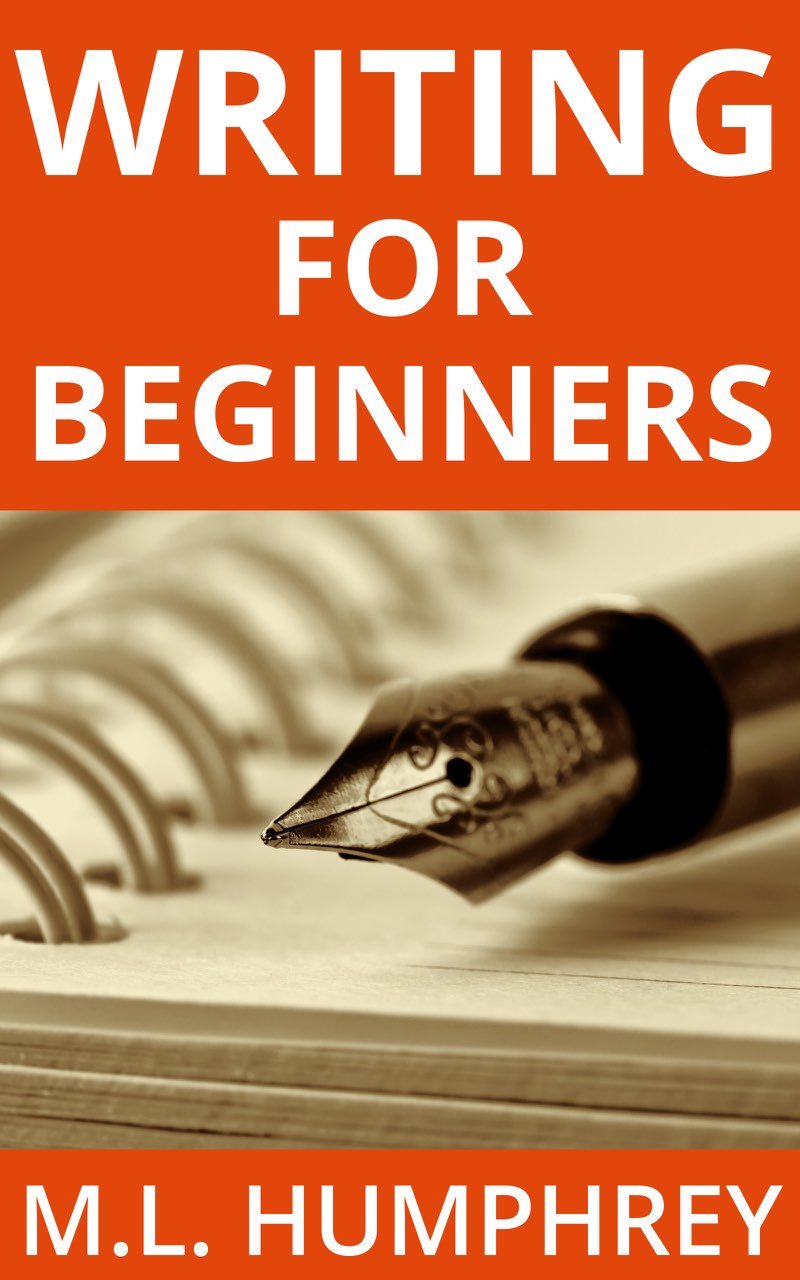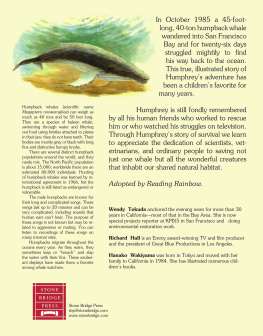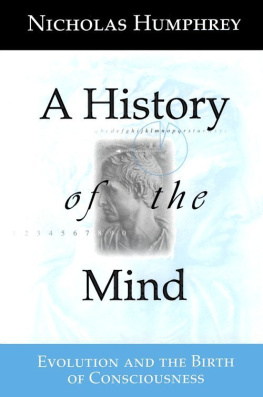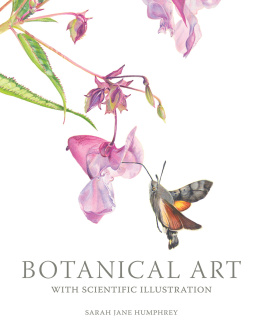M. L. Humphrey - Writing for Beginners
Here you can read online M. L. Humphrey - Writing for Beginners full text of the book (entire story) in english for free. Download pdf and epub, get meaning, cover and reviews about this ebook. year: 2015, publisher: M.L. Humphrey, genre: Business. Description of the work, (preface) as well as reviews are available. Best literature library LitArk.com created for fans of good reading and offers a wide selection of genres:
Romance novel
Science fiction
Adventure
Detective
Science
History
Home and family
Prose
Art
Politics
Computer
Non-fiction
Religion
Business
Children
Humor
Choose a favorite category and find really read worthwhile books. Enjoy immersion in the world of imagination, feel the emotions of the characters or learn something new for yourself, make an fascinating discovery.

- Book:Writing for Beginners
- Author:
- Publisher:M.L. Humphrey
- Genre:
- Year:2015
- Rating:4 / 5
- Favourites:Add to favourites
- Your mark:
- 80
- 1
- 2
- 3
- 4
- 5
Writing for Beginners: summary, description and annotation
We offer to read an annotation, description, summary or preface (depends on what the author of the book "Writing for Beginners" wrote himself). If you haven't found the necessary information about the book — write in the comments, we will try to find it.
Writing for Beginners — read online for free the complete book (whole text) full work
Below is the text of the book, divided by pages. System saving the place of the last page read, allows you to conveniently read the book "Writing for Beginners" online for free, without having to search again every time where you left off. Put a bookmark, and you can go to the page where you finished reading at any time.
Font size:
Interval:
Bookmark:

Writing Essentials
Writing for Beginners
Excel for Writers
Achieve Writing Success
Self-Publishing Essentials
Excel for Self-Publishers
AMS Ads for Authors
CreateSpace for Beginners
ACX for Beginners
Excel Essentials
Excel for Beginners
Intermediate Excel
50 Useful Excel Functions
Easy Excel Essentials
Pivot Tables
Conditional Formatting
Charts
The IF Functions
Formatting
Printing
Word Essentials
Word for Beginners
Intermediate Word
PowerPoint Essentials
PowerPoint for Beginners
Budgeting for Beginners
Budgeting for Beginners
Excel for Budgeting
I.
II.
III.
IV.
This book was previously published as The Beginning Writers Guide to What You Should Know. None of the content has been changed, it has just been renamed.
Being a writer requires continually learning and improving your craft. Whether you're at this for a year or thirty years you will never achieve perfection in your writing. This also means that there really is no way to write one writing advice book that tells you everything you need to know. Just can't be done.
And sometimes you aren't ready for a certain writing craft book. I remember starting a book on conflict and suspense a few years ago and setting it aside because it really didn't resonate with me. I picked that same book up a few weeks ago, started reading it again, and thought, "Oh, yeah, that makes sense."
So this book isn't meant to tell you all the answers.
It's meant to help you find the questions you need to ask to improve your writing or your ability to sell your writing. (Because, as it so happens, those are two completely different skill sets. You can be a great writer and yet write something that no one will buy. Or a great writer that writes a story that everyone would love if only you were capable of getting it in front of them.)
And keep in mind that with many of these topics there is no one answer. Writing is as much artistic expression as anything else, which means that what works for one author and one audience won't work at all for another author or audience.
Think of this book as a whirlwind trip around the world. Fifty countries in fifty days. Just enough of a glimpse that you understand how different Thailand is from Iceland is from New Zealand is from Argentina.
It'll be up to you to decide where to explore next.
Before we go any farther, let's get a few things out of the way.
First, if you just want to write for yourself then you don't need this book.
You don't need any book if your writing goal is to just get the stories in your head onto paper.
If you're just writing for you, then write. Sit down with a pen and pad of paper or a computer or a chisel and a piece of stone, and write. Nothing else matters if the only person you're writing for is yourself.
Have you ever kept a diary or journal?
If so, did you stop and ask people to read your entries and critique your word choice or sentence structure? No. (At least I hope you didn't.) Why? Because it was just for you. The only person you had to please was yourself.
So go write.
The topics we're going to discuss in this booklike grammar and punctuation and sentence structure and point of view and tense and whatever elseonly matter if you're writing for someone other than yourself. Because then you'll want to be able to write in such a way that the other person hears your message or receives your story.
You want your readers to stick with your story long enough to reach the end, and that requires learning the basics of how to write and how to tell a good story.
If you're writing for you, put this book aside and go write.
If you want to write for others, then let's continue.
Second, there are no writing rules.
Oh, people will tell you there are rules. They will tell you that you "have" to do something some way or the other.
They're wrong.
For each person who says something like that I can generally find one published book that violates that "rule" and has done quite well
Here is the only rule you need to follow: If it works, it works. If it doesn't work, fix it.
Don't go looking for problems in your writing that don't exist. All you'll do is scrub it down to the point where it's bland and boring and no one wants to read it anymore.
Write from the heart. Tell the story you want to tell in the way you want to tell it.
And then see what people think. (Not paying customers, please. Give it to some friends and ask what they think. Put it aside for a month or two, reread it yourself, and see what you think.)
If after that you find that the story isn't working, then you can go look at all those rules and figure out why.
(And if you're a new writer, it generally won't work for one reason or another. But, trust me, many of the rules you hear thrown about as absolutes are not the reason it isn't working. Pick up a book by your favorite author and you'll see what I mean.)
Third, read books.
Every once in a while someone will decide to write a novel and they'll claim that they don't read books. Never have. (Chances are they aren't reading this either, so I'm probably wasting my breath here.)
That's a mistake.
Reading is the best way to educate yourself on writing.
On what can and can't be done.
On what has been done already.
On successful story structure and character development.
On pacing.
On viewpoint and tense.
On everything you need to know to be a good writer.
Also, it keeps you from putting your foot in your mouth.
Inevitably, someone will read a story about a young orphan boy who has to save the world and they'll say, "Oh, this person stole from Harry Potter," because they aren't well-read. I assure you, Harry Potter was not the first orphan boy to have grand adventures. And he won't be the last.
That doesn't mean the Harry Potter books aren't good books. It just means you should be well-read enough to know that very, very, very rarely is an idea so new and unique that it hasn't been done before. You can come up with a new twist on an old idea. Happens all the time. But a brand new, never been thought of idea? Pretty darned rare.
Fourth, be nice and stay humble.
This didn't used to be an issue when authors were rarely seen in public and no one could record them when they were. And when you had to be someone for anyone to really care about what you said or did.
Now it is. You can ruin your career before it even gets started.
A new writer can get on the Internet and start spewing their opinions left, right, and center before they really know what they're doing.
(Hell, it's possible I'm doing that right now as far as more experienced authors are concerned.)
You don't know everything. And, as I said before, there is generally not one right answer.
Font size:
Interval:
Bookmark:
Similar books «Writing for Beginners»
Look at similar books to Writing for Beginners. We have selected literature similar in name and meaning in the hope of providing readers with more options to find new, interesting, not yet read works.
Discussion, reviews of the book Writing for Beginners and just readers' own opinions. Leave your comments, write what you think about the work, its meaning or the main characters. Specify what exactly you liked and what you didn't like, and why you think so.






